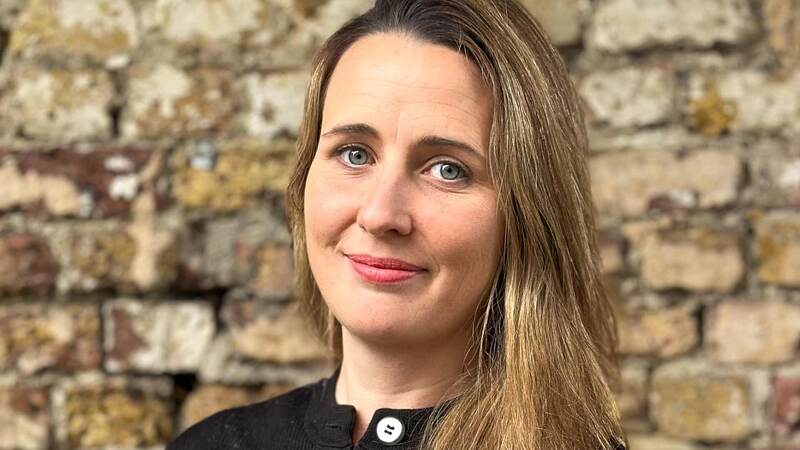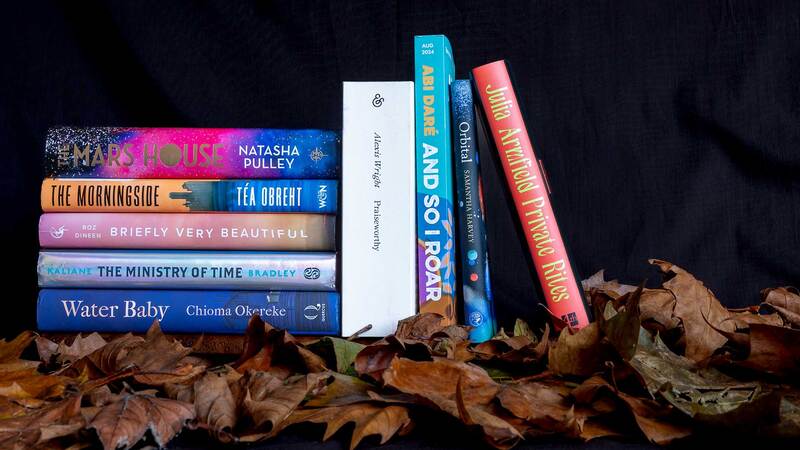You are viewing your 1 free article this month. Login to read more articles.
A year of disruption
It is worth taking a moment to thank our lucky stars that the book industry has fared significantly better than many other industries this year. People have looked to us to entertain, inform and educate them, and publishers, authors, booksellers and librarians have responded. I wrote a blog about the innovative ways the industry responded to the needs of people during early lockdown, be that free activities to help parents with homeschooling, authors connecting with readers through virtual literary festivals, or recipes and health advice to support physical and mental wellbeing.
As always, FutureBook is an opportunity to congratulate ourselves on the achievements of the year, before quickly looking to the future. And with so much uncertainty and further disruption ahead, we must do so with urgency.
So, let’s understand what has worked in 2020 and how we can scale these activities and embed them in our businesses, properly funded and resourced. How can we continue to respond to people’s needs, use technology effectively to build relationships, add more value and keep our books front and centre?
We must also respond to the bigger issues that have been unfolding—increased poverty, hungry children, the impact of the pandemic and grief on mental health, job losses, the Black Lives Matter movement, pressures on schools, universities, staff and children. The list goes on. I think we should consider it our responsibility to make a positive impact on people’s lives, and we are uniquely positioned to do so.
Better together
I am very proud to be working on Read, Write, Walk the North East with author L J Ross, a year-long initiative celebrating, promoting and supporting the people and businesses in the region. This is an example of how a reader-focused approach to bookselling can extend far beyond the bookshelf, harnessing community spirit and an appreciation of the reader as a valuable individual to create a rewarding experience. We have an opportunity to reinvest in our readers, by supporting them in a time of need. By fostering positivity and goodwill, we generate loyalty that carries long-term gains through longevity, rather than one quick sale.
We should also be very aware of the wellbeing of everyone in our community too. We are an ecosystem that relies on everyone’s survival. Amazon’s gains right now are everyone else’s losses. But equally, publishers announcing record profits should not do so while making redundancies or salary cuts. How can we work with bookshops and libraries to drive virtual customers their way, and help secure their futures? We must also support our authors financially and emotionally, and equip them with the tools they need to thrive. And let’s not forget the businesses and people that keep the industry running: technology and service suppliers, start-ups and our freelancers. A healthy industry relies on them all.
Community spirits
It is exciting to see Bookshop.org launching in the UK to much fanfare, covering some of Amazon’s ground. And another start-up to keep your eye on is Storygraph, a Goodreads competitor with much promise. I had a chat with Nadia Odunayo, founder of Storygraph, and she reminded me that innovation often comes from solving a personal problem, and then finding a way to take the personal out of the business, thereby solving the problems of a community.
So let’s embrace innovation, take collective responsibility to solve problems, and add value to communities into 2021, 2022 and beyond. Onwards!
Sam Missingham is the founder of The Empowered Author. She will be in discussion with Nadia Odunayo, founder of Storygraph, on Friday 20th November in the FutureBook session “Disruption matters: why we innovate”, at 10 a.m.
















